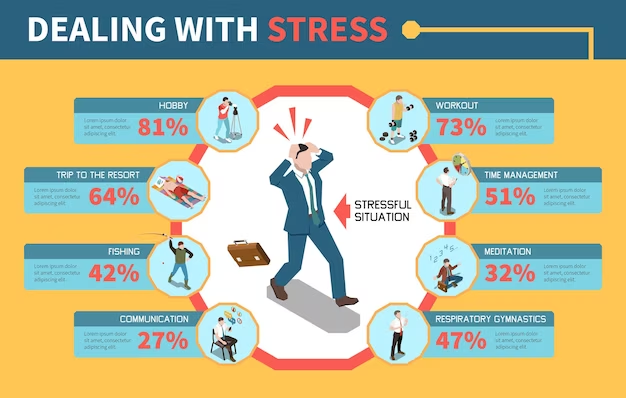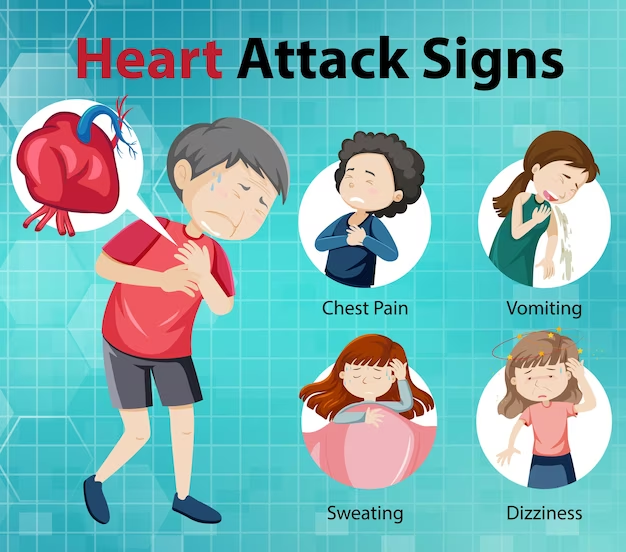How to cope with stress
Introduction,
Stress is a common experience that affects many individuals in today's fast-paced and demanding world. However, when stress becomes overwhelming or chronic, it can have negative effects on our physical and mental health. It can occur as a result of various factors and can have a significant impact on one's mental and physical well-being.
Occurrence of Stress:
- Stress can occur in people of all ages, genders, and backgrounds
- It is a natural response to challenging situations, such as work deadlines, relationship issues, or financial pressures
- Stress can be acute, occurring in response to a specific event, or chronic, resulting from ongoing stressors in one's life
- Certain life stages, such as adolescence, early adulthood, and periods of major life changes, may be particularly prone to stress
Causes of Stress,
- Major life changes, such as a new job, a move, or the death of a loved one
- Work-related stress
- Financial problems
- Relationship problem
- Conflicts with colleagues
- Traumatic events, such as accidents, natural disasters, or violence
- Chronic health conditions, caregiving for a loved one with a health condition, or dealing with a serious illness.
Signs and Symptoms,
The signs and symptoms of stress can vary from person to person. Some common signs and symptoms of stress include:
-Mood swings or Feeling overwhelmed or anxious
-Having trouble sleeping
-Feeling tired or fatigued
-Having difficulty concentrating
-Forgetfulness or racing thoughts.
-Feeling irritable or angry
-Having headaches or stomachaches
-Changes in appetite
-Increased use of alcohol and drugs
- Social withdrawal, loss of interest in activities, or decreased productivity
Precautions for Managing Stress:
- Practice stress management techniques, such as deep breathing exercises, mindfulness, or meditation
- Establish healthy coping mechanisms, such as regular exercise, engaging in hobbies, or spending time in nature
- Set realistic goals and priorities to avoid overwhelm and excessive pressure
- Maintain a balanced lifestyle by getting enough sleep, eating a nutritious diet, and taking breaks throughout the day
- Nurture supportive relationships and seek social support when needed
- Practice time management strategies
- Seek professional help if stress starts to significantly impact daily functioning
Conclusion,
It is important to note that while stress is a normal part of life, chronic or excessive stress can have negative effects on both physical and mental health. Therefore, it is crucial to recognize the signs and symptoms of stress and take proactive steps to manage and reduce it. Seeking support from healthcare professionals, therapists, or support groups can be highly beneficial in developing effective stress management strategies.
weeklyhealinghealth.blogspot.com
https://rumble.com/v3boq0m-stress-releif-tips-how-to-coup-with-stress.html








Comments
Post a Comment